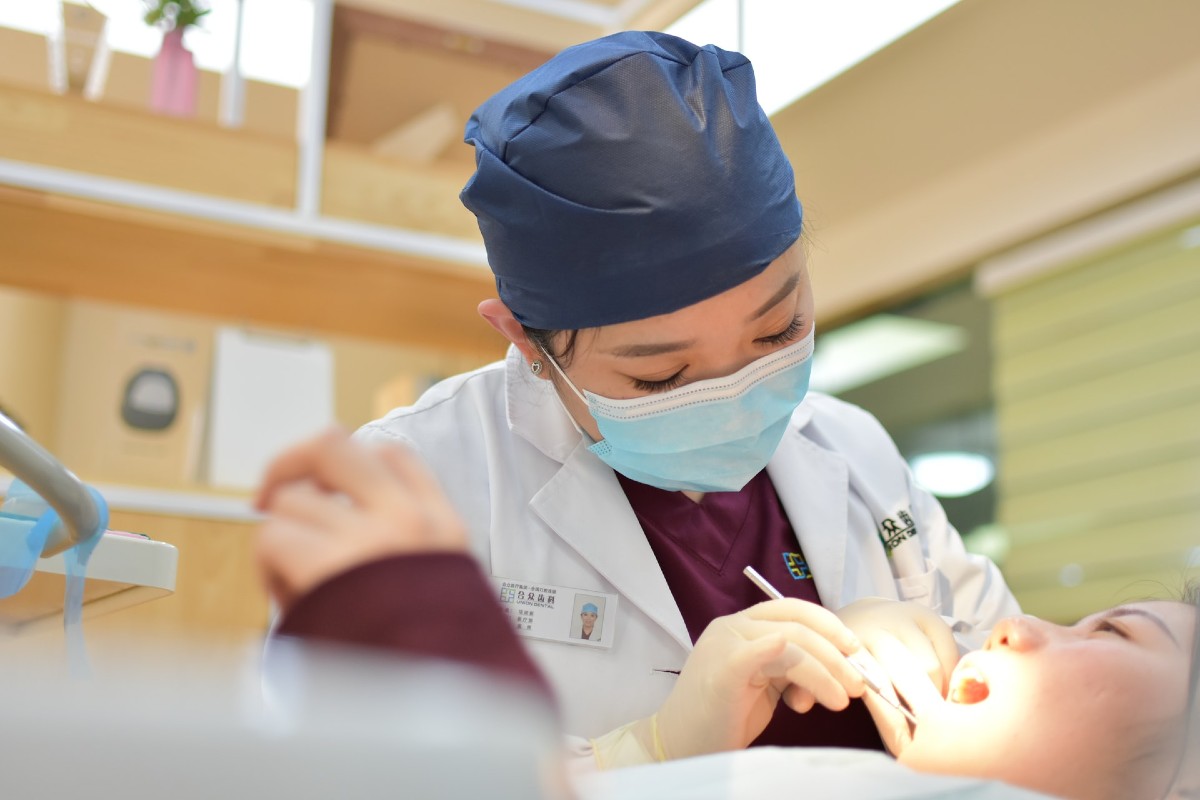If you’ve lost a tooth, particularly one that’s not noticeable to anyone when you talk or smile, you might be thinking that you can slip by without replacing it. Well, for a moment it’s going to feel strange, but you’re going to get used to it — or are you? Gum disease, tooth decay, accident, or genetic disorder can all be behind a missing tooth.
Nonetheless, leaving a space in your mouth can have serious consequences. It can potentially affect your oral health and quality of life.
Effects on your appearance:
Tooth loss will have an impact on your facial aesthetics. Missing teeth and a diminished jaw bone will make your face appear aged and wrinkled. Your cheeks and lips may appear hollow and saggy as they can no longer be supported from inside. If it’s a front tooth in the aesthetic zone, your smile will be impacted by the gaps from missing teeth.
Effects on nutrition:
Mastication is one of the primary functions of teeth, and tooth loss decreases biting and chewing capacity. This may lead to a decrease in food choice and dietary variation. A well-balanced diet gives the body the nutrients it requires to keep working properly. Decreased chewing ability may result in people preferring soft, easy to chew foods. This in turn can contribute to a poor diet and a low nutritional intake.
Effects on Speech:
Certain sounds are produced when the teeth and lips, or teeth and tongue are in contact. In the absence of front teeth, people have trouble trying to produce sounds like F, V, S, and T. They may experience problems with articulating words or speaking clearly. These issues in speech can impact communication.
Effects on oral health:
If one or more teeth are missing, the neighbouring and opposing teeth move slowly to fill the gap. The shift can create new gaps between the other teeth where food can be stuck and built up. These spaces are difficult to maintain and are prone to cavity-causing bacteria and gum disease, which may contribute to bone deterioration in the long term. The changed bite can also trigger other problems such as teeth sensitivity and teeth grinding. Chewing with fewer teeth also raises the burden of the remaining teeth and can contribute to premature wear.
Effects on the temporo-mandibular joint:
Temporo-mandibular joint is a joint that attaches the lower jaw to the skull. The movement of this joint helps you to open and shut your mouth and chew from side to side. A change in the bite can also result in temporo-manibular disorder causing clicking or pain, dizziness, earaches, headaches, facial muscle tension, and difficulty in opening and closing your mouth.
Effects on emotional health:
Numerous studies have demonstrated that tooth loss can cause extreme emotional distress in a person’s life to the point of seriously impacting mental well-being. Missing even a single tooth can make the person less confident. The person may start getting conscious of his smile and this can interfere with social interactions.
To conclude, tooth loss is not always preventable. However understanding the consequences of missing teeth is essential, so that you can take the appropriate measures to prevent further problems. Speak to your dentist with regards to options to replace missing teeth. He or she can help you decide which option works best for you: implants, a fixed bridge, or removable dentures.


























